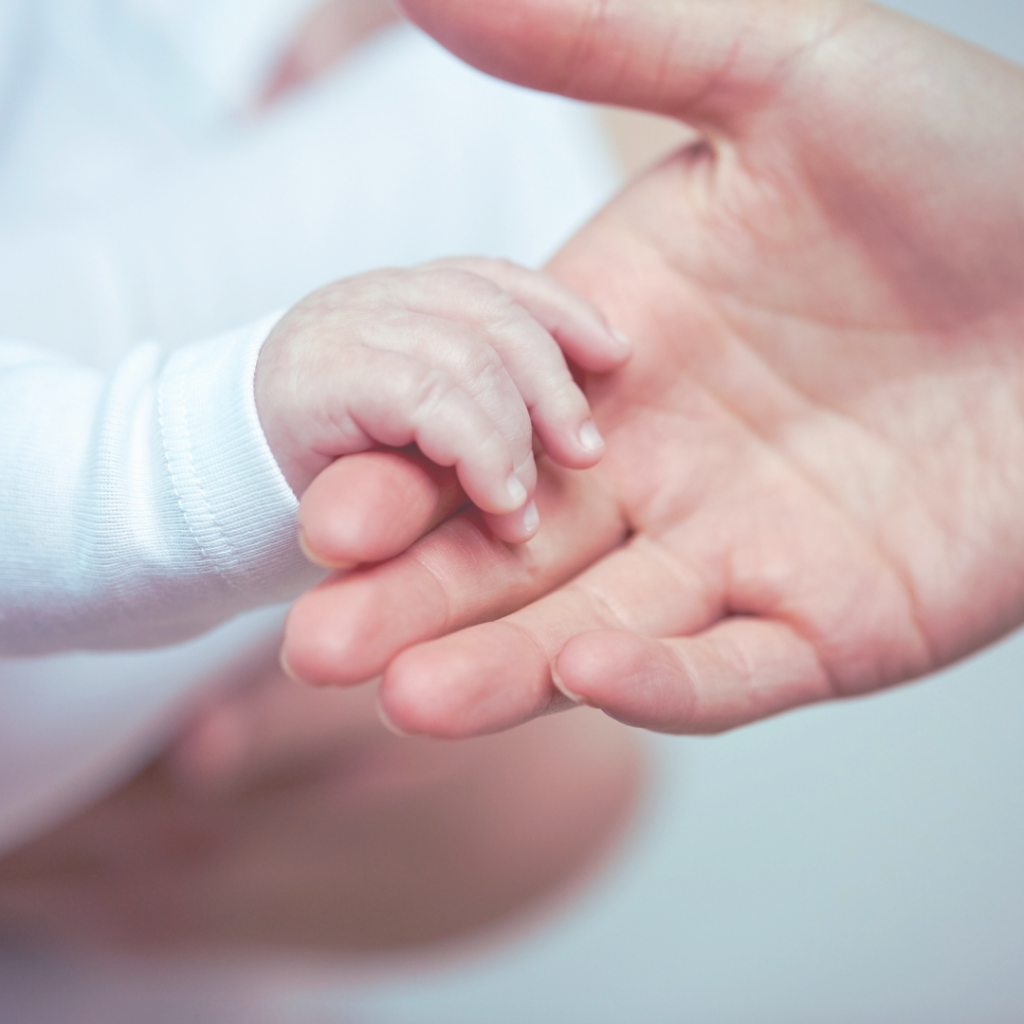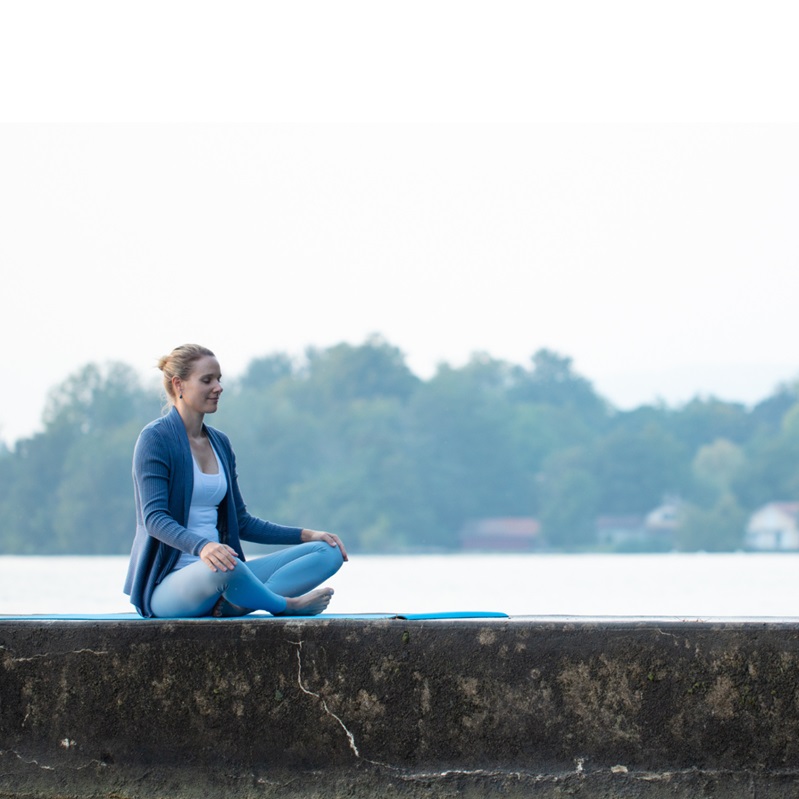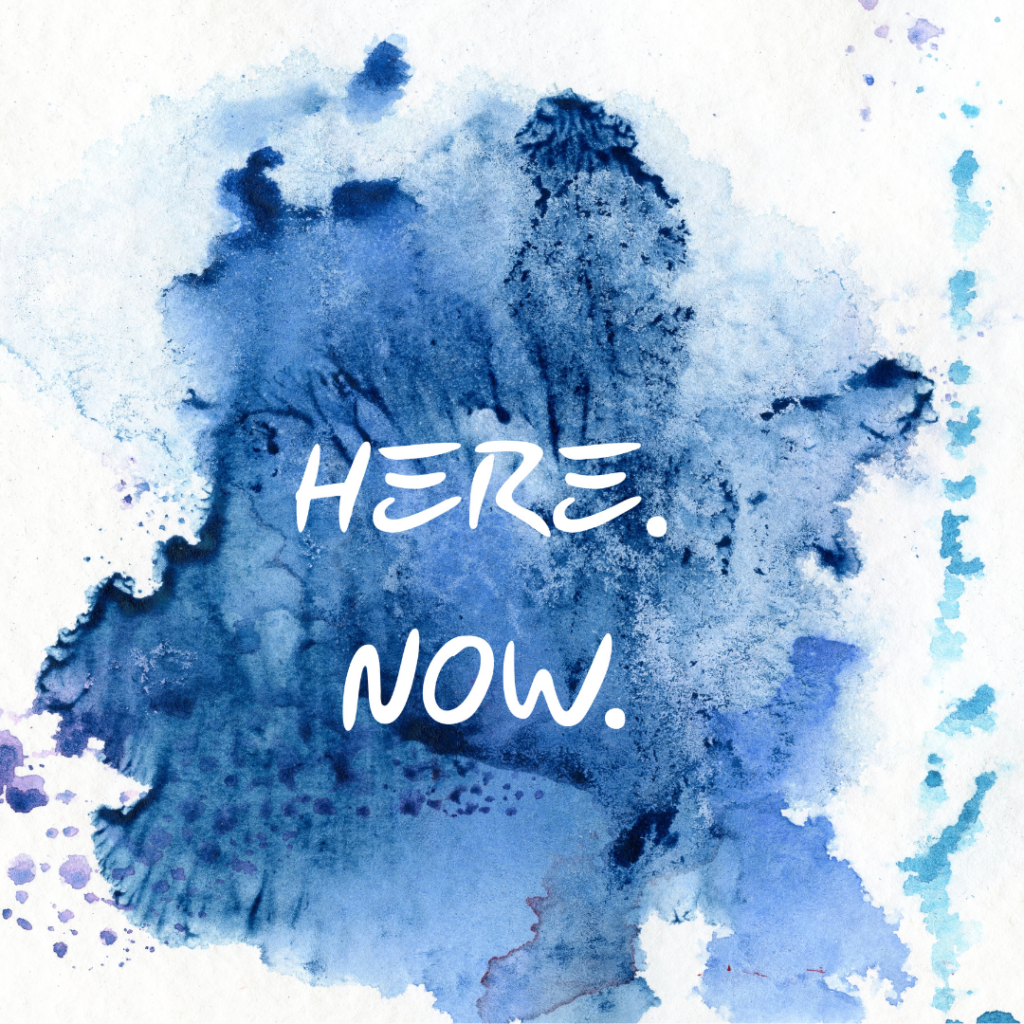In this blog post, I’ll talk about ‘Matrescence’, the process of becoming a mother, hoping it might help put into words some of what you may have been feeling. And to reassure you that it’s completely normal – and okay.
Motherhood is often portrayed as a time filled with joy, love, and nurturing. But for many of us, the transition into motherhood is much more complex, bringing a mix of emotions, challenges, and a significant shift in identity.
‘As a baby is born, so is a mother’, or so they say. But in my experience, it’s not as simple as it sounds. For a long time, I felt like I had lost myself. While I craved time alone, I wasn’t sure who I was anymore without my baby.
Only recently — and my daughter is almost six years old! — I discovered that this transformative journey into motherhood has a name: matrescence.
What Is Matrescence?
Matrescence is the process of becoming a mother. The term, coined by anthropologist Dana Raphael in the 1970s, highlights the physical, emotional, and psychological transition that occurs when a woman becomes a mother. It’s comparable to adolescence in that it involves significant hormonal changes, an identity shift, and a re-evaluation of one’s role in the world.
Yet, unlike adolescence, matrescence isn’t widely recognised or understood, leaving many mothers feeling unprepared for this profound change.
This year, the concept of matrescence has gained more attention, largely thanks to Lucy Jones, author of the book ‘Matrescence’, and Zoe Blaskey, author of the book ‘Motherkind’. They emphasise that matrescence is a normal, yet often disconcerting and overwhelming, part of the motherhood journey.
As Zoe Blaskey, describes it: ‘This phase was meant to be a messy, bumpy transition, and a time of questioning, identity crises, and confusion, plus a cocktail of emotions and hormonal shifts’.
By understanding and normalising this phase, we can open up space for honest conversations about the realities of early motherhood, moving away from unrealistic expectations of what being a mum ‘should’ look and feel like.
Why Understanding Matrescence Matters
Acknowledging matrescence is vital because it gives language to an experience many mothers struggle to describe. Without this understanding, the challenges of early motherhood can feel like personal failures rather than a natural, albeit complex, transformation. When we see matrescence as a process, just like any other major life change, it becomes easier to navigate and seek support.
For many, the lack of societal recognition of this phase adds pressure. We’re often expected to ‘bounce back’ after giving birth — to return to work, maintain social lives, and continue being the same person we were before, just with a baby in tow. But that is impossible, because motherhood profoundly changes us (including our brains, as neuroscientists have found out), our priorities, fears, layers of identity, relationships, and so much more.
Matrescence isn’t about ‘bouncing back’; it’s about growing and evolving, which can be messy, beautiful, and everything in between.
The Layers of Matrescence
- Physical Changes
The most immediate aspect of matrescence is the physical transformation. Pregnancy, childbirth*, and breastfeeding bring a cascade of hormonal shifts, and recovery can take months. Your body has carried and nourished a baby, and that leaves marks – from stretch marks to C-section scars, to changes in energy levels and strength. This can deeply impact how you feel about yourself and your body.
*I fully acknowledge that becoming a mother doesn’t always involve giving birth. However, for simplicity, I’ve chosen to focus on the way the majority of women become mothers in this text. - Emotional and Psychological Shift
Beyond the physical changes, matrescence involves deep emotional and psychological transformations. It’s a time when your sense of identity may feel fragile. The person you were before motherhood might seem distant, and the person you’re becoming may not be clear yet. This can lead to a mix of emotions: joy and love for the baby you may have longed for, confusion when the reality of motherhood feels different from what you expected, and even grief for the freedom you once had – sometimes all at once. This is a normal part of the process, but if you have never heard of it, you may feel lost and like a failure. For some, it can also trigger anxiety or depression, making it even more essential to seek support and speak openly about what you’re going through. - Reimagining Identity
Motherhood brings with it a new set of roles and responsibilities. It can make you re-evaluate your priorities, values, and how you see yourself. Who are you now, beyond being a mother? This period can be confusing as you try to reconcile your previous identity with this new version of yourself. It’s not just about balance but about integrating these identities, so they coexist without compromising each other. - Changing Relationships
Matrescence also affects relationships – with your partner, family, friends, and even yourself. Dynamics can shift, sometimes becoming stronger, and other times feeling strained. It’s natural to feel a disconnect from friends who aren’t experiencing the same stage of life, or to find that your relationship with your partner has new tensions. Communication and patience are essential during this time. Understanding that matrescence is a transition can help navigate these changes with empathy and kindness.
Navigating matrescence can be challenging, but there are ways to find calm, confidence, and ease during this transition. Here are a few suggestions to help you along this journey:
- Give yourself time
Understand that becoming a mother is a process and not just an event. Based on what society makes us believe, once your baby is born you are a mother. That it’s like a switch that went from “off” to “on” through birth or another way, making you the primary carer of a child. But emotionally and psychologically- at least that’s how I felt – it takes time, months or years – to catch up with this new responsibility and identity.
- Allow Yourself to Feel
The emotional rollercoaster of motherhood is normal. There is no right or wrong way to feel, and it’s okay to experience conflicting emotions. Acknowledging your feelings, without judgement, is the first step in finding peace.
- Seek Support and Share Openly
You don’t have to go through this journey alone. Reach out to friends, family, or support groups who understand what you’re going through. I found talking to other mums especially helpful. Just knowing that others share your experience can provide immense comfort. Sharing from the heart, and being honest about your struggles, opens up space for real, supportive connections. It can also help others feel less isolated in their own experiences.
- Practice Mindfulness and Self-Compassion
Mindfulness practices, such as yoga and meditation, can help you stay grounded during times of uncertainty. Taking even a few minutes a day to breathe, stretch, or reflect can create a sense of calm and help you reconnect with yourself. For me, my yoga mat became a sanctuary where I could simply feel and reconnect with myself. Self-compassion is also key. Be gentle with yourself, especially on the days when everything feels too much.
- Redefine ‘Me-Time’
‘Me-time’ may not look the same as it did before you had children, and that’s okay. Finding small pockets of time to do something just for yourself – whether it’s enjoying a cup of tea, taking a walk, or engaging in a hobby – can make a big difference. It’s about quality, not quantity.
- Join a Community of Like-Minded Mums
Being part of a community that understands the ups and downs of motherhood can be empowering. That’s why through Yogamelia, I offer classes, workshops, and courses designed for busy mums to find connection, calm, and support through yoga, meditation, and coaching. These sessions provide a safe space where you can share your journey, learn from others, and take a moment to breathe.
Embracing the Journey of Matrescence
Matrescence isn’t just about the early days of motherhood; it continues to evolve as your children grow. Each phase brings its own set of challenges and rewards, but through it all, you’re growing and adapting. Understanding this can help you be kinder to yourself and others on this journey.
Motherhood is transformative, but it doesn’t mean losing who you were. Instead, it’s about integrating your past self with who you’re becoming. By recognising and honouring matrescence, we can create a more supportive environment for all mothers, one that acknowledges the depth of this experience and celebrates every stage of the journey.
Join Me and Other Mums at Yogamelia
If you’re riding the waves of matrescence and looking for ways to bring more calm, confidence, and connection into your life, consider my upcoming events, courses or coaching programmes. I am here to support you every step of the way – because no one should have to navigate the journey of matrescence alone.
And, in the meantime, download my free Mindful Mama Cheat Sheet HERE, with simple practices to connect with yourself.



